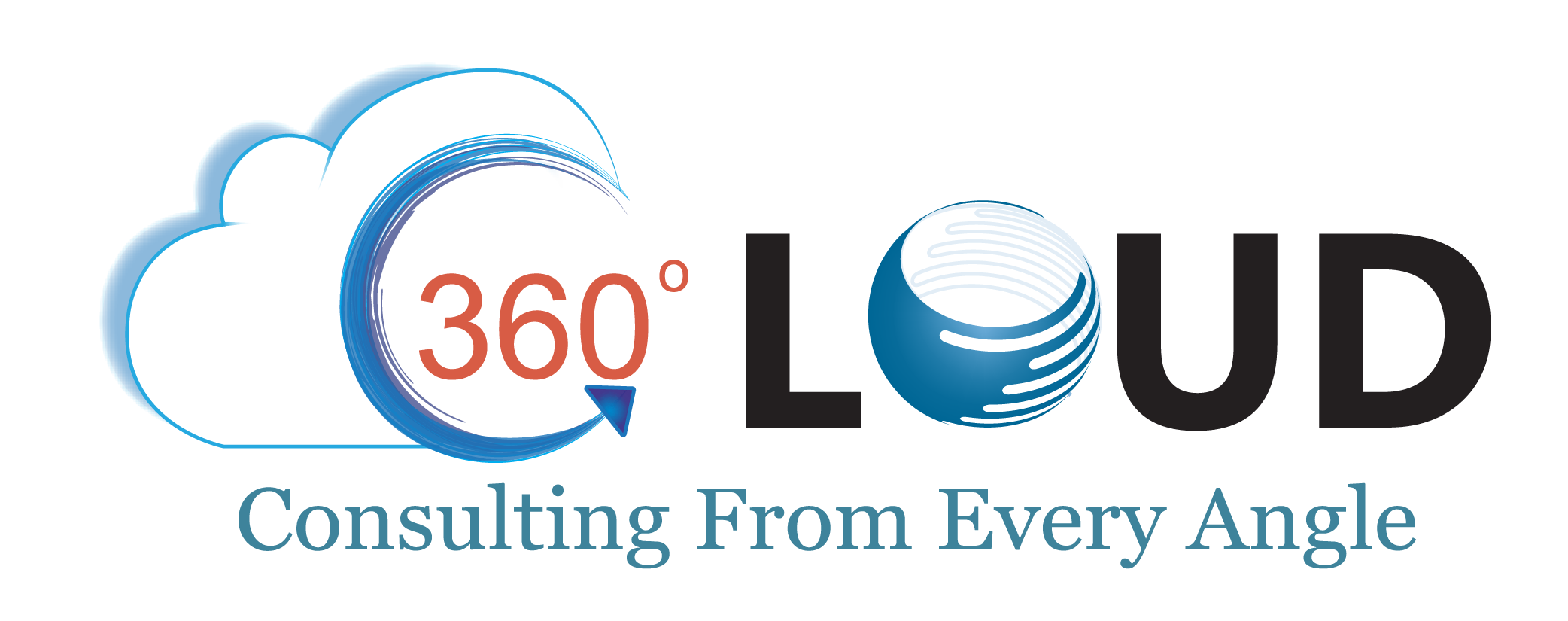10 Reasons Salesforce Managed Services Are a Game-Changer in 2026
30 May 2025
Table of Contents

As Salesforce continues to rule top CRM charts, many businesses are turning to Salesforce managed services ensure they are getting the most out of their investment.
You have spent dollars on implementing and customizing your Salesforce instance. But as the months roll by and performance starts to dip, you don’t want your shiny new CRM to lose its edge. That’s why taking Salesforce managed services is crucial.
In this blog post, we’ll talk about the top 10 reasons why Salesforce managed services can be a breakthrough solution for your business in 2026 and beyond.
Table of Contents
Top 10 Reasons to Go for Salesforce Managed Services
Whether you’re scaling, optimizing, or transforming, here’s why managed services are reshaping the way businesses extract value from their CRM.
1. Implementation isn’t the Finish Line, It’s the Starting Point
The biggest mistake that companies make is they invest a lot of time and money implementing Salesforce but fail to keep the system up to date. This is because internal teams lack bandwidth for continuous optimization. Salesforce managed services ensure ongoing alignment between the platform capabilities and evolving business needs.
2. Rising Complexity Demands Cross-Skilled Experts
Today, Salesforce orgs often span multiple clouds, custom apps, and third-party integrations. Managing all that in-house means maintaining a team of admins, architects, developers, and analysts. With managed services, you get access to that full spectrum, on demand, without bloated headcount.
3. Budget Constraints are Forcing Smarter Delivery Models
Hiring halts, delayed backfills, and limited tech budgets are making full-time hires less viable. That’s where managed services offer continuity without long-term cost commitment and provide you flexibility without sacrificing delivery.
4. Proactive Monitoring Reduces the Reactive Firefighting
In unmanaged Salesforce orgs, small issues like duplicate records, broken workflows, and degraded performance snowball. And if you go for Salesforce managed services, you can get proactive health checks, usage tracking, and real-time performance monitoring to eliminate the friction before it blocks growth.
5. Release Cycles are Too Fast for DIY Admins
As we all know, Salesforce delivers three major releases every year. These releases are often heavy on automation, AI, and UI changes. And if you miss any one of them, you can lag behind and lose customers. However, with managed services, you can get release-readiness baked in, from sandbox previews to feature enablement and change management.
6. Data Quality is a Strategic Advantage
It is a no-brainer that Salesforce without data quality becomes a liability. Your database will be clogged with duplicates, dead leads, and conflicting records. And that’s where managed services offer ongoing data audits, deduplication, and enrichment workflows to ensure your reports are reliable.
7. Automation and AI Needs Governance
In 2026, every business wants Flow, Agentforce, Einstein GPT, and AI agents, but many of them struggle to offer governance. Without a governance layer, automation sprawl can create risk instead of value. However, Salesforce managed services build and maintain automation frameworks with compliance and scalability in mind.
8. End-User Adoption Doesn’t End with Training
Adoption drop-off after go-live is still one of the top reasons Salesforce ROI stagnates. Leveraging managed services will allow you to get ongoing user support, refresher training, and UX improvements to drive stickiness and self-serve success.
9. IT Teams are Done Being the Middlemen
Internal IT teams are not Salesforce experts, and they’re overwhelmed. Therefore, it’s time you utilize Salesforce managed services that can act as your Salesforce center of excellence. It can bridge the gap between business users, vendors, and internal IT with strategic ownership.
10. Grow Without Actual Hiring
Yes, you read that right. The most tech-savvy Salesforce organizations are scaling output without scaling teams. Managed Salesforce services allow you to scale workflows, processes, and features without growing internal operations.
The Bottom Line
In 2026, Salesforce managed services are no longer just for support. They are strategic, proactive, and crucial for making Salesforce a true growth engine.
Ready to Get More Value from Salesforce Without Hiring? Let’s Talk!
If you need an extra set of hands managing your Salesforce instance, our Salesforce experts would be happy to help. Just drop us a line at contact@360degreecloud.com, and we’ll take it from there!
Frequently Asked Questions
What exactly are Salesforce managed services?
Salesforce managed services are ongoing, expert-led services that help businesses maintain, optimize, and evolve their Salesforce org after implementation. Unlike one-time projects, managed Salesforce services focus on continuous improvement, whether that’s fixing workflow bottlenecks, managing releases, improving adoption, or just keeping your CRM clean and high-performing.
Why choose managed services for Salesforce instead of hiring full-time staff?
Hiring full-time staff can be expensive and often, a single admin or developer won’t have the full range of skills your Salesforce org needs. Managed services for Salesforce give you flexible access to a broader skillset (admins, devs, architects, analysts) without the cost and commitment of permanent hires. You get agility and expertise without blowing up your HR budget.
How do Salesforce managed services improve ROI?
Your Salesforce ROI dips when your system becomes outdated, underused, or cluttered with bad data. Salesforce managed services help by delivering regular optimizations, proactive maintenance, and smarter automation. This means your team spends less time fixing and more time selling, supporting, and scaling—resulting in higher ROI across the board.
When is the right time to invest in managed Salesforce services?
Honestly? Sooner than you think. If your internal team is stretched thin, if issues are piling up, or if Salesforce just “isn’t working like it used to”—that’s your sign. Managed Salesforce services are especially useful post-implementation, during growth phases, or before a major change (like a product launch, M&A, or platform migration).
About the author
Diksha GathaniaDiksha is a seasoned content writer and marketer who is always keen on trying new avenues to discover and write about. She has a keen eye for detail and a talent for breaking down technical topics into digestible pieces for both technical and non-technical audiences. She is a Salesforce, Marketing Automation, and Marketing Analytics enthusiast who stays on top of the pulse of industry trends. Beyond her professional endeavors, she finds joy in traveling and is always on the lookout for new destinations.
Recent Blogs
 Salesforce Services
Salesforce Services
Top Salesforce Consulting Partners in India You Can Count On
The global CRM market size was valued to be around USD 112.91 billion in 2025 and is expected to grow from USD 126.17 billion in 2026 to…
Read More Salesforce Services
Salesforce Services
Salesforce Partners: What They Are, Partner Tiers & Why You Need One
Implementing Salesforce for business operations can often be described as buying a high-performance jet; no wonder it’s an incredible piece of machinery, but it won’t get you off the ground without a…
Read More Hire Staff
Hire Staff
Hire a Salesforce Developer: 7 Reasons Your Business Needs One
Whenever a company starts getting Salesforce projects, and work starts to pile up, the first option that comes to their mind is to look for…
Read MoreReady to Make the Most Out of Your Salesforce Instance?
Our Salesforce aces would be happy to help you. Just drop us a line at contact@360degreecloud.com, and we’ll take it from there!
Subscribe to our newsletter
Stay ahead with expert insights, industry trends, and exclusive resources—delivered straight to your inbox.



